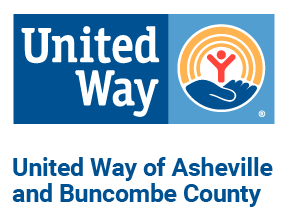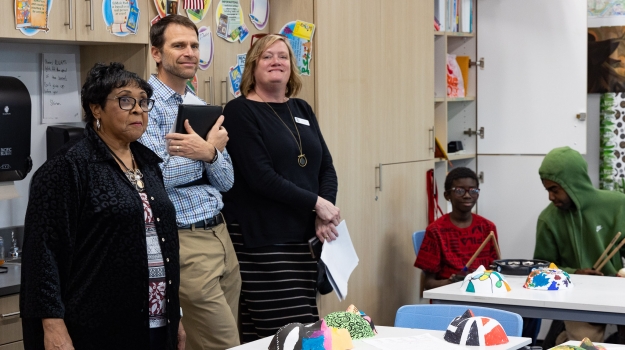Whenever I go to a conference that costs me or my employer money, I expect to bring back at least three things.
- I want to get at least one new idea I can put to use quickly.
- I want to make at least one connection with another person who is doing interesting things in their work and who I can follow up with later.
- And I want to be inspired. I look for a passionate speaker who makes me want to do a better job and be a better person.
I think we'll get that from the April 26th United Way of Asheville and Buncombe County Annual Meeting. Go here to view the Annual Meeting invitation and sign up!
The featured speaker is Kris Minor, Vice President of Partnerships and Communications with the Forum for Youth Investment. He directs the Ready by 21® National Partnership, a coalition of prominent national organizations that helps local leaders change the way they do business in order to improve youth services and supports. Their idea is to develop a pipeline of supports for youth so that by the age of 21, they are ready for college, work and life. For more information, go to: The Forum for Youth Investment. Kris will talk about why middle school students are a good focus, how education, income and health are all tied together in their success, and how a community can best help middle schoolers.
So here is what I predict if you attend the Annual Meeting at 8 AM on April 26th:
- You will learn something you did not know before and that you can put to good use right away - about our community, about this particular United Way’s work, about middle school students
- You will make at least one new connection that will be a resource for your work or interests – a business leader, nonprofit executive, community volunteer.
- You will be inspired to be a part of the community in Buncombe County that supports and encourages middle school students – through volunteering, speaking up about youth, or being attentive to the youth around you.
And while you may not be able to take this prediction “to the bank”, the fact is that for every middle school student who chooses to stay in school and graduate from high school, our community saves over $200,000. Beyond that, U.S. taxpayers would save $45 billion annually if the number of high school dropouts were cut in half.


